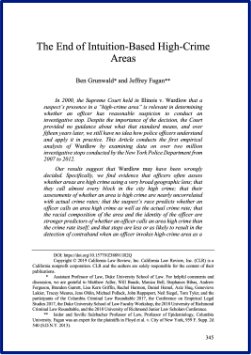May Contain Markup
By Donald Powell Wilson
Psychologist's Experience: The author, a psychologist, spent three years at Fort Leavenworth Penitentiary, significantly changing his perspective and approach to his profession.
Research Focus: The book is a personal account of the author's research on drug addiction and criminality, highlighting the human stories of his six convict assistants.
Prison Environment: The narrative provides a vivid description of the penitentiary's environment, including the strict security measures and the daily routines of the inmates.
Challenges and Adaptation: The author faced numerous challenges,including gaining the trust of the inmates and navigating the prison complex social dynamics.
Pocket Books, 1953, 369 pages




